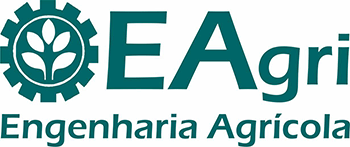Organic farming practices, like mulching, were tested in drip irrigated area in Baixada Fluminense, state of Rio de Janeiro, Brazil. In this region, the winter crop of sugar beet is favored by mild temperatures, coinciding with the period of higher product availability in the State. For the beet planting were used three soil management practices (different conditions of coverage). In each one, six irrigation depth(0, 29, 48, 78, 100 and 148% of ETc), estimated based on soil water balance using TDR technique were applied through drip of different flow rates. Moreover, it was also included a plot without irrigation. The statistical design used was randomized blocks with six treatments. Under mulch of Pennisetum purpureum, Gliricidia sepium and without mulching, the maximum values of WUE in beet planting, were 40.25, 25.63, 26.08 kg m-3, respectively. The higher depth accumulated in the treatment relative to 29% of ETc (951 m³ ha-1) was obtained in plots without mulch. The nitrogen accumulated in the plant was higher in the experiment with Gliricidia mulching, indicating advantages of this cultural practice associated with drip irrigation.
Beta vulgaris; Gliricidia sepium; Pennisetum purpureum; organic horticulture; drip irrigation; TDR






